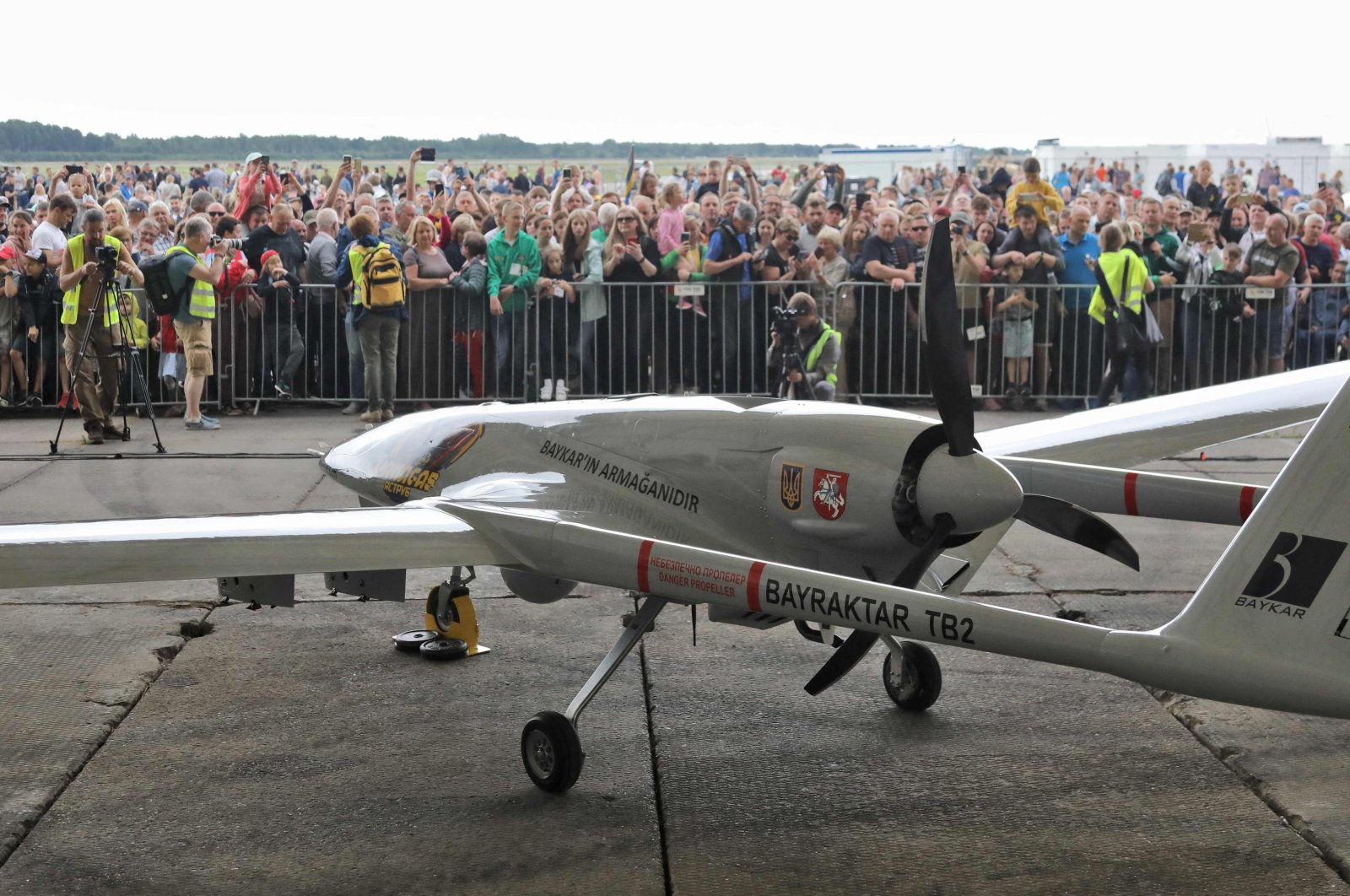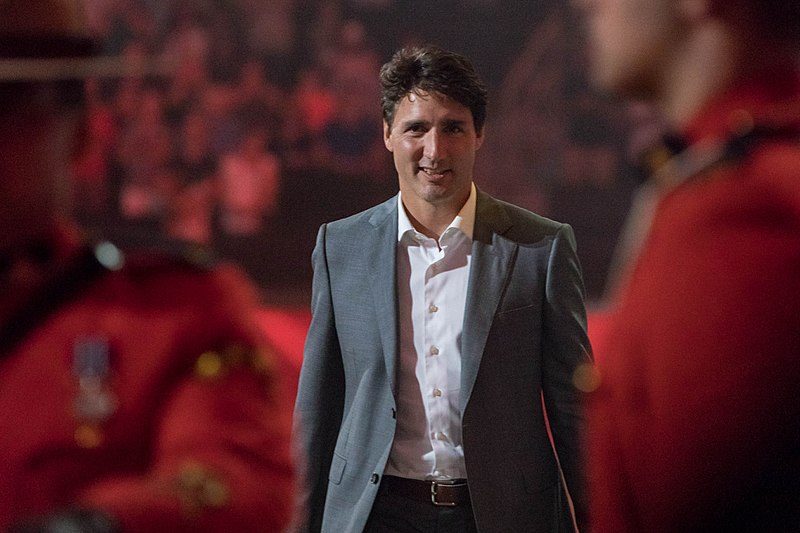Following similar measures taken by Lithuania and Poland, citizens of Norway and Canada have launched crowdfunding campaigns for the purchase of the Turkish-made Bayraktar TB2 drone for Ukraine.
Media reported that the Norwegians intended to collect 55 million crowns (about 5.5 million US dollars) and transfer them to an aid fund at the Ukrainian embassy.
A related campaign was published on the Spleis fundraising website.
“Give the Ukrainian people the Bayraktar of Norway – show solidarity with Ukraine’s war against (Russian President Vladimir) Putin.” Lithuania collected one Bayraktar in three days, Poland – three and Ukraine – three Bayraktar in a few days. Norway of course. I must at least do the same.
Meanwhile, Canadians are hoping to raise 7 million CAD (about $5.5 million) to buy a drone for Ukraine by the country’s Independence Day.
Poland and Lithuania raised the target, but drone maker Baykar said it would give the drones to those countries for free, asking that the money raised be used to help the Ukrainian people.
Photos released by the Lithuanian government a week ago show that the drone bearing the falcon emblem in Lithuanian and Ukrainian colors has already been delivered.
Ukraine has purchased more than 20 Bayraktar TB2 drones from Baykar in recent years and on January 27 ordered 16 more drones. This batch was delivered at the beginning of March.
Late last month, Bayraktar announced it would donate three drones to Ukraine after a crowdfunding campaign raised enough money to purchase “several” Bayraktar TB2s.
The company said the crowdfunding campaign in Ukraine reached a milestone within days and business leaders and ordinary citizens contributed to the fund.
Meanwhile, the Canadian government previously imposed a Bayraktar ban on Bayraktar TB2 subsystems after Azerbaijan used them in Karabakh, formerly known as Nagorno-Karabakh.
In April 2021, Canada revoked permits to export drone technology to Turkey after concluding that the country had sold equipment to the Azerbaijani military during fighting in Armenian-occupied Karabakh. Export licenses were initially suspended in 2019 during Turkish military operations in Syria. Restrictions were later eased, but reimposed during the conflict in the Caucasus.
The Canadian government has claimed, among other things, that the drones used in the conflict in Azerbaijan were equipped with imaging and guidance systems developed by L3Harris Wescam, the Canadian division of L3Harris Technologies Inc.
Bayraktar TB2 played an important role in the conflict between Azerbaijan and the former Soviet Republic of Armenia, in Turkey’s counterterrorism operations in Syria and in reprisals against the Russian-backed regime, and more recently in Ukraine . Against Russian heavy military equipment, from air defense systems to naval platforms.
Following Canada’s export decision, the Turkish company said the drones were equipped with a Combined Aperture Targeting System (CATS) developed by major defense contractor Aselsan to replace those from foreign companies, in particularly Canadian.

“Devoted reader. Thinker. Proud food specialist. Evil internet scholar. Bacon practitioner.”







